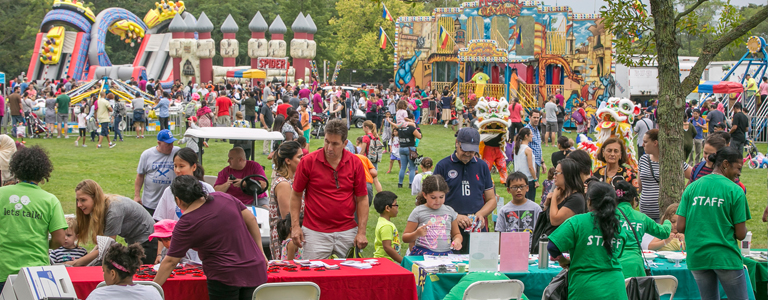Hosting association events is a great way to bring the community together and make residents feel valued. But, with all their perks, these events have their risks as well. Join us below to discuss how to minimize risk at your community events!
When bringing the whole neighborhood together for an association-planned event, there can be several liabilities and risks invited along. Without proper preparation, an event risk can cost the association more than it budgeted for. Some of these risks to consider include:
- Is the event space safe? There could be potential hazards in the common area or amenity where the event is held that lead to injury, loss, or other liability. Additionally, damage could be incurred to community property during the event.
- What would happen in case of a fire, inclement weather, or other emergency? There could be potential fire or weather-related hazards, as well as unprecedented medical emergencies.
- What if something happened with one of the volunteers? There could be accidents that occur involving association volunteers getting injured or causing injury to others.
- Can the HOA use association funds for the event? There could be restrictions in the association’s governing documents regarding funding community events. The association would be liable if not in compliance with those rules.
- What happens if someone drinks and gets injured? Alcohol is a major liability and preventing potential risks associated with it can be a complicated task.
So, how can you combat these risks?
Promote Awareness
Board education and overall awareness are strong defenses against risks. Knowing the local laws and your HOA’s governing documents, in addition to understanding how to handle potential conflicts and issues, can diminish potential risks. Also, establish event rules and communicate those rules to homeowners, so they can be aware as well.
Make a Plan
Create a checklist! First, identify and assess risks, rectifying and removing any issues, if necessary. Next, lock in standard procedures for minimizing risks, consulting your attorney and management company for guidance. A risk management plan encourages community safety, protects homeowners and property values, and helps avoid liability.
Obtain Coverage
Make sure you have adequate and comprehensive insurance coverage. In addition to standard association insurance policies, the community should consider supplemental coverage specific to the event, such as Special Event Insurance, Liquor Liability, and Worker’s Compensation, although the policy would need to have special language for volunteers.
Reduce Risks
Where possible, find ways to reduce your risks. You can opt for lower risk events altogether, such as a potluck at the pool, where everyone can bring their own food and enjoy an amenity they already use (and is already properly insured).
Reduce risks associated with:
- Property – Inspect the event equipment and facilities and fix any hazards prior to the event, making sure any fixtures won’t fall and that structures are solid.
- Emergencies – Review your event space layout for accessibility and fire hazards, establishing emergency plans in case a fire starts, inclement weather strikes, or someone needs medical attention.
- Volunteers – Provide volunteers with training and obtain documentation from them, such as their signature on a sign-in sheet.
- Funding – Review governing documents for any limitations on using association funds, opting for donations instead of dipping into the community budget.
- Alcohol – Make sure you have adequate liquor liability coverage or hire a properly insured vendor, enforce strict rules (e.g., no minors allowed), provide transportation accommodation, and hire security; however, the best course of action is to avoid alcohol entirely.
If you have any questions about your insurance coverage for community events, reach out to us today!





